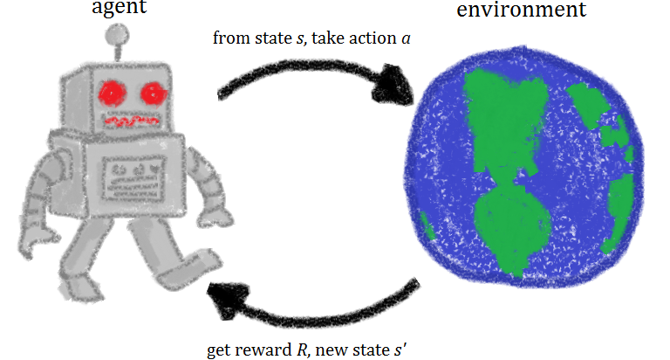Medium
1M
338

Image Credit: Medium
A Beginner’s Guide to Reinforcement Learning
- Reinforcement Learning (RL) is a branch of machine learning where an agent learns to make decisions by interacting with an environment.
- RL-powered agents learn to play video games, control self-driving cars, and even optimize financial portfolios.
- RL has deep roots in behavioral psychology, artificial intelligence, and control theory.
- RL is built upon a set of fundamental concepts that define how an agent interacts with its environment to learn optimal decision-making strategies.
- The fundamental assumption in RL is that any goal can be formulated as maximizing the cumulative reward over time.
- One of the biggest challenges in RL is deciding between exploitation and exploration.
- RL revolves around decision-making in an uncertain environment. To understand how an RL agent learns, we need to explore three fundamental concepts: state, action, and policy.
- A reward is the feedback signal that tells an agent how good or bad an action was in a given state.
- There are various types of RL agents including value-based agents, policy-based agents, actor-critic agents, model-free agents, and model-based agents.
- RL has numerous real-world applications in different domains including gaming, robotics, self-driving cars, healthcare, finance, energy management, e-commerce and conversational AI.
Read Full Article
20 Likes
For uninterrupted reading, download the app